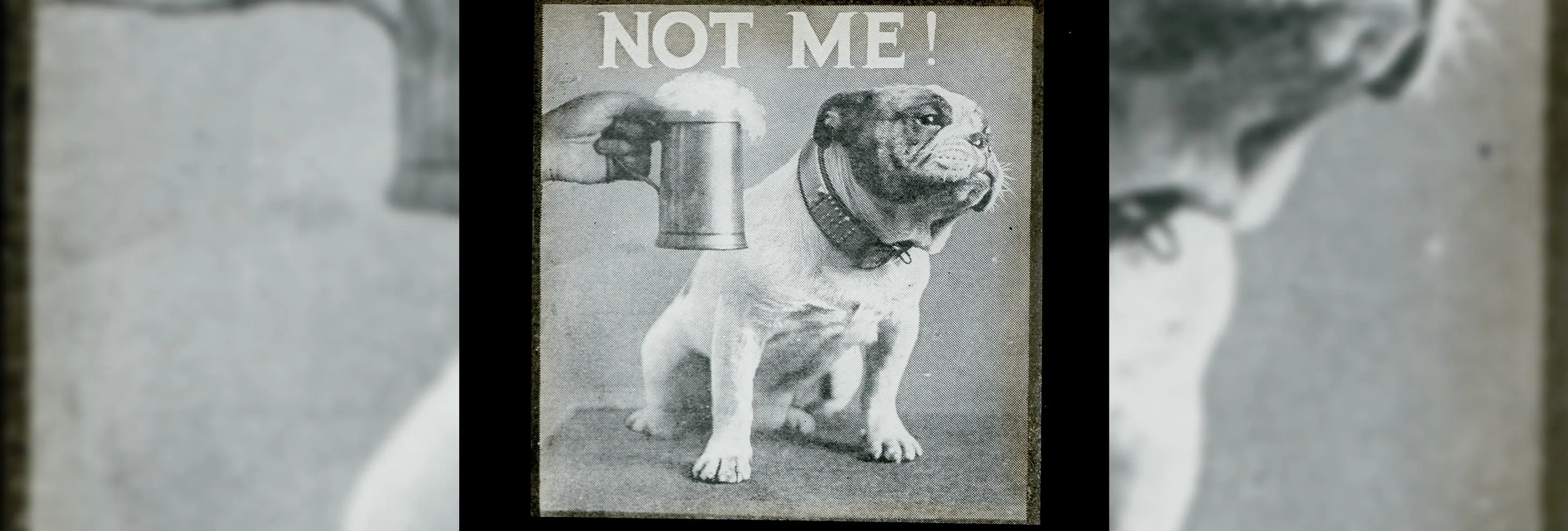University to mark 190 years since the Preston Pledge as part of Institute of Historical Research’s year-long festival of events
Historians from the University of Central Lancashire (UCLan) have announced plans to mark the 190th anniversary of the first total abstinence pledge in Preston as part of the temperance movement.
2022 will be the 190th anniversary of the ‘seven men of Preston’ signing the first total abstinence pledge, initiating the influential UK temperance movement; a social movement that encouraged people to refrain from drinking alcohol in order to curtail issues such as poverty and neglect.
Preston was recognised in the nineteenth and twentieth centuries as ‘the birthplace of teetotalism’ and ‘the Jerusalem of temperance’ across the country, with many locals taking the pledge to be teetotal.
The concept of ‘Preston Pledges’ continues locally and is used for a range of community building initiatives, and Lancashire as a whole shares this rich temperance heritage. Now, this is being recognised nationally as part of the Institute of Historical Research’s (IHR) own centenary celebration programme, IHR Our Century: thinking back, looking forward.
"We will present a range of workshops, exhibitions, interactive sessions and even podcasts and guided walks to remind us of the long-lasting history of the temperance movement in this area, and its huge importance to so many people."
— said UCLan historian Dr Annemarie McAllister
“We are really thrilled to have been selected to represent the area in this prestigious year-long national festival” said UCLan historian Dr Annemarie McAllister. She will be working on a programme of events in Preston and Lancashire more widely with fellow historian Dr Jack Southern, UCLan students, and partner groups The Friends of Winckley Square and Chorley Heritage Centre Support Group.
“The Institute, which is the main historical organisation in the UK, is bringing together the most exciting and wide-ranging look at history, including our investigations into how the temperance movement fared in the twentieth century, locally” she added.
“We will present a range of workshops, exhibitions, interactive sessions and even podcasts and guided walks to remind us of the long-lasting history of the temperance movement in this area, and its huge importance to so many people.”
Events will focus on twentieth century history, some within living memory, and some will consider what we can learn from the temperance movement, 190 years on from the Preston signing of the pledge.
More details can be found on the IHR website and the full programme will be available later this year.

